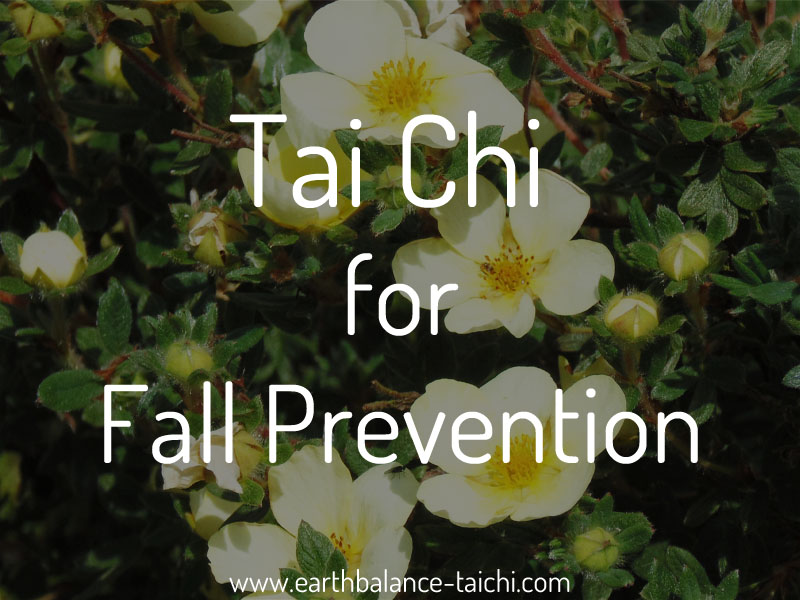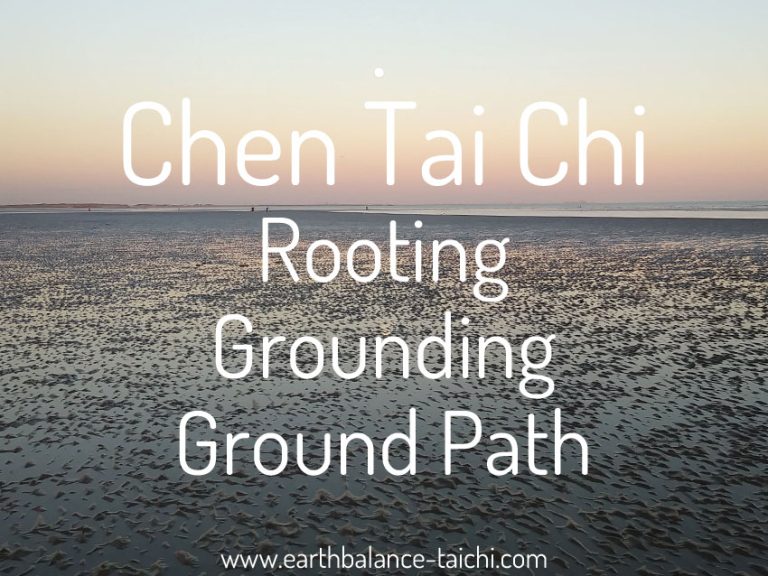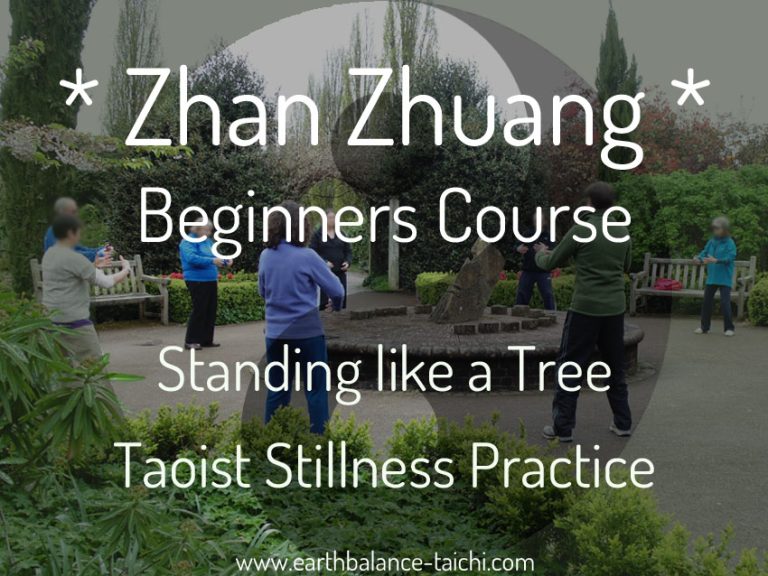Tai Chi Qigong Fall Prevention

Tai Chi Qigong Fall Prevention
"Falls among elderly cost NHS £2.3bn a year" Reported by the Independent Newspaper in 2017.
"Falls among elderly people may be costing the NHS in England up to £4.6m a day." Reported by the BBC in 2010.
"Pensioners can cut the risk of falls by a fifth by practicising Tai Chi and other exercise programmes, research suggests." Reported by the Telegraph Newspaper Jan 2019.
Tai Chi is one of the most accessible physical exercise routines available to senior citizens. Many are attracted to the slow moving art because of the lack of impact and the many health benefits. It is important to note that the perception of Tai Chi in the West, is that the practise is a slow moving dance waving the hands in the air. This is far from the truth. Many don't expect the movements to be challenging and the choreography to be complex to learn. With that said, with determination, hard work and eagerness, much can be achieved. As a Tai Chi instructor I have trained seniors up to the age of 95 years old, who have found regular practice of the movements helpful to their quality of life.
It's not just senior citizens who can benefit from learning Tai Chi and Qigong for balance and fall prevention. By the time we get to our older years, it is much harder to regain movement, improve our postures and learn a new skill, than if we had been training regularly before retirement. My recommendation is for everyone to train balance, co-ordination, body awareness, slow focused movements and deep breathing across all ages and stage of life. When we then reach our senior years, our bodies have not degenerated or aged as much, and we have confidence in movement whether walking, playing of training.
Tai Chi and Qigong help you learn and develop new skills:
- Balance.
- Co-ordination.
- Cross lateral brain connectivity (left and right brain working together).
- Body and posture awareness (proprioception).
- Not relying on eyes/vision to move the body.
- Right 'feeling' brain activities.
- Train body sensitivity/awareness/sensations to move the body.
- Spatial awareness.
- Kinaesthetic and sensory awareness.
- Slow, focused, deliberate movement in full control.
Tai Chi and Qigong for the physical body:
- Strengthens the muscles to move as a unit (not in isolation as with lifting weights).
- Increase range of motion safely.
- Lengthen and increase elasticity in the ligaments, tendons, sinews, fascia and soft tissue.
- Increase in flexibility.
- Lubricate joints through expansion/compression movement.
- Improved posture, especially head and torso posture which can lead to instability as the weight bears forwards in daily life.
- Learn how to appropriately align the posture to carry the weight of the body safely in stillness and movement.
- Reduces muscular tension which causes rigid, awkward and unsteady movements.
- Movements come from the centre of gravity.
- Movements are grounded not up-rooted, the centre of gravity is lowered through movement.
- Continual weight shifting onto each leg from 0% to 100% weight bearing.
- Safe knee movement to encourage non load-bearing on the knees.
- Greater use of the hip/pelvis to move the body.
- Correct diaphragm breathing techniques aid all body systems to function better (including clarity, focus, alertness and combating fatigue).
Tai Chi and Qigong are strength training exercises that aid:
- The number of falls.
- The risk of falls.
- The fear of falling.
Confidence is a huge factor in the fear of falling, the likelihood of falling if you think you will, means you may just take a tumble. When a senior citizen falls, if confidence in their physical body and ability is lost, it is hard to regain. Even when injuries heal, the mind can stay fearful, afraid, vulnerable and fragile. This type of fear, even though may not be realistic can lead to reduction in activity, less movement, reduced range of motion, lost fitness, reduction in activity, decrease in social connection, deterioration in posture and body condition, reduction in quality of life, physiological health, mental health, anatomical health and the speed of the aging process, as well as a sense of being 'frail'. Their world then gets smaller and smaller.
This is something we work on in Tai Chi and Qigong training, as the stronger your body is whilst moving as a whole unit, the more confidence and assurance comes from that. Building up to standing on one leg for a few minutes, with grounding, focus, body awareness, a good posture, stability and a calm mind, these all help the mind start to ease. In time, this reduces they psychological impact of the fear of falling.
Fall prevention student examples:
- A lady in her early 50's comes to 1 hour of class per week for 6 months, when she slips out of the shower, without a thought she finds herself balanced on one leg without falling. This she said usually would have resulted in a fall, injury or break. She said it was as if she had jumped straight into her Tai Chi posture, her knee and hip were soft, her muscles engaged and remained strong. She was more shocked to have not fallen.
- A senior citizen female Tai Chi student could not stand on one leg at all when she started class. Through patience, practice and perseverance, after 4 months her new party piece is to hold one leg up with the thigh parallel to the floor for a few minutes.
- Travel with Hope. An article written by a student who lives with Parkinson's Disease. His experience of Tai Chi and Qigong for balance and fall prevention.
- My own experience as a student, I live with EDS: hypermobility joint syndrome which causes loose joints and excessive muscular contraction. My joints are like a rag doll that partially dislocate easily. In my childhood I was clumsy, always falling over with very poor proprioception. I also have no depth of field in my vision which makes spatial awareness and judgement of distance challenging. My own Tai Chi and Qigong training has helped stabilise my joints and increase my body and spatial awareness to a strong degree.
Resources
I love this video by Tai Chi instructor Gene Burnett. Worth a watch!
- Tai Chi Principles for Falls Prevention in Older People.
- Studies have shown tai chi to reduce falls in seniors by up to 45%.
- Tai Chi prevents elderly falls say geriatrics societies.
- Tai Chi and fall reductions in older adults: a randomized controlled trial. Conclusion “A three-times-per-week, 6-month Tai Chi program is effective in decreasing the number of falls, the risk for falling, and the fear of falling, and it improves functional balance and physical performance in physically inactive persons aged 70 years or older.”
- Tai Chi Reduces Fear of Falling in Older Adults.
- Systematic review and meta-analysis: Tai Chi for preventing falls in older adults.
- Tai Chi for the Prevention of Falls Among Older Adults: A Critical Analysis of the Evidence.
- Pensioners cut risk of falling by almost a fifth if they take up Tai Chi, Oxford University study finds.
- Tai Chi Chuan can improve balance and reduce fear of falling in community dwelling older adults: a randomized control trial.
* Please note that the Taoist practices are not a replacement for conventional medical treatment. Please speak with your doctor prior to starting a new exercise programme. This article is for information purposes only and must not be taken as medical advice. *










